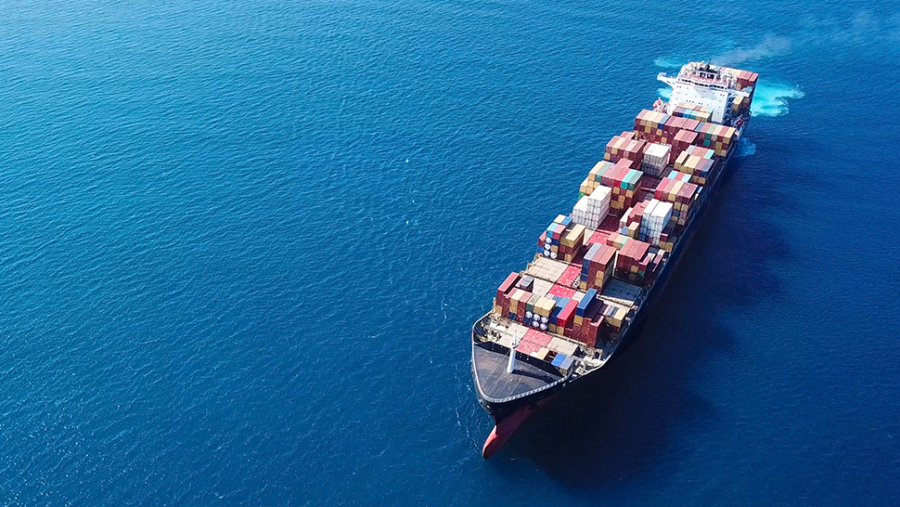

Yemen’s Houthis, a political and military organisation which first emerged in the 1990s, have been disrupting Red Sea trade for the past three months. The repercussions of such attacks are significant.
Several shipping firms have either halted transiting the Bab el-Mandeb Strait, or now have to steam around the continent of Africa rather than use the Suez Canal. The additional journey time for shipping vessels can be around 24 days, leaving contract deadlines vulnerable and perishable goods in danger of spoiling. The situation is not unlike the Somali pirate ascendancy of a decade ago, but with some significant differences that we shall discuss.
Those with contracts for shipping that have been disrupted will be looking for remedy. Those affected are not just shipping companies, but also importers waiting for products, exporters trying to fulfil their targets, and others further down the supply chain.
Force majeure
Many commercial contracts include a force majeure clause, which typically excuses one or both parties from performance following certain events. More particularly, upon certain events which are outside a party’s control, that party is excused from, or entitled to suspend performance of, its obligations.
Express inclusion or exclusion of certain events may be necessary depending on the context when drafting and negotiating. Importantly, if one party is prevented from performance because of the other’s breach of contract, the innocent party cannot rely on a force majeure clause.
The burden of proof rests on the party invoking the clause, requiring them to demonstrate that the claimed force majeure event is covered by the clause and caused the non-performance.
A force majeure clause will usually include terrorist attacks, war, and actions taken by a government body. The exact wording needs to be scrutinized to see if it does actually cover the specific actions of the Houthis, whose government of south Yemen is not internationally recognised. Furthermore, in many cases the delays are not caused by actual attacks, but by the fear of attacks which might not even happen.
If the clause does not cover the risk of attacks, there are limited remedies available under English law. The doctrine of frustration may apply, and this is discussed below.
Governing law
Reviewing the governing law clause is crucial to determining what remedies will be available, as civil law jurisdictions often have force majeure implied. In that case, whatever the contract says, the force majeure will apply according to the dictates of the relevant country’s legislation, rather than the wording of the contract. A knowledge of the relevant law of that country is therefore necessary, and it is not enough just to read the contract.
The doctrine of frustration
The legal doctrine of frustration offers limited relief and remedies to the parties involved and is only relevant if the events that prevent performance are not covered by the force majeure provision. The event must also be unexpected and beyond the control of the parties.
The result must be that it becomes physically or commercially impossible to fulfil the contract – or that it radically transforms the obligation.
For example, if hijacking by militants causes delayed or cancelled shipments, the exporter must show that the delay was abnormal and outside contemplation when the contract was signed.
Where the importation of goods has become impossible, frustration may not be relied upon if alternative performance is available, and arguably a change to the route from Suez to around the Cape would be just such an alternative. Yet the affected party might argue that this is not a genuine alternative, because goods would spoil or critical deadlines be missed.
The effect of frustration is that the contract is automatically discharged and all parties are excused from their future obligations. The contract remains in force, and if a party incurred obligations before frustration, it must fulfil them. As neither party is at fault, damages cannot be claimed for the other’s non-performance. A court has no power to amend the contract to suit new circumstances.
The LRA
In certain circumstances, provisions of the Law Reform (Frustrated Contracts) Act 1943 (“LRA”) will apply, but only where performance of the contract has become impossible or has been frustrated. The LRA provides that:
- Money paid before the frustrating event can be recovered and that unpaid money due before the frustrating event ceases to be payable
- A party incurring expenses may withhold their incurred expenses from payments received before frustration. Alternatively, if money was due at the time of frustration, they can recover expenses, but no more.
- The party who has gained a valuable benefit, for example export customs clearance services, before the frustrating event occurred may have to pay a “just” sum for it, whether or not anything was payable beforehand.
Overall, disruption to import orders by militants mirror that caused previously by Somali pirates, but with some differences: the Houthi attacks are sponsored by a major regional power, Iran, whereas Somali pirates had no governmental backing. Moreover, the pirate raids were carried out for money, whereas the Houthis are motivated by geo-politics and have a clear base of operations in Yemen.










